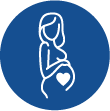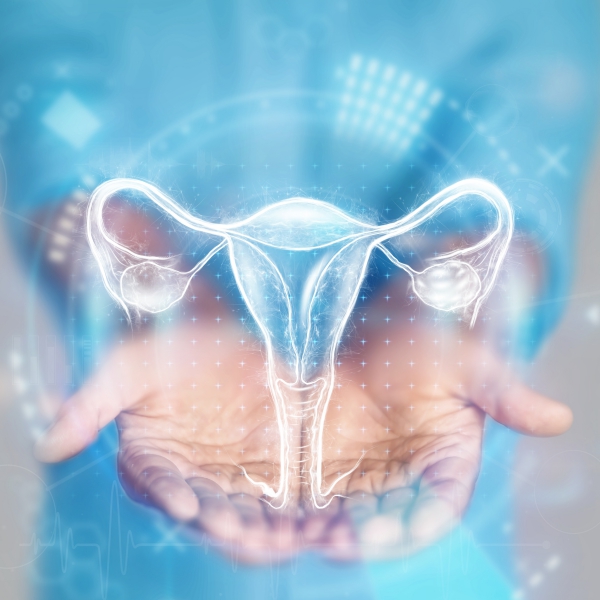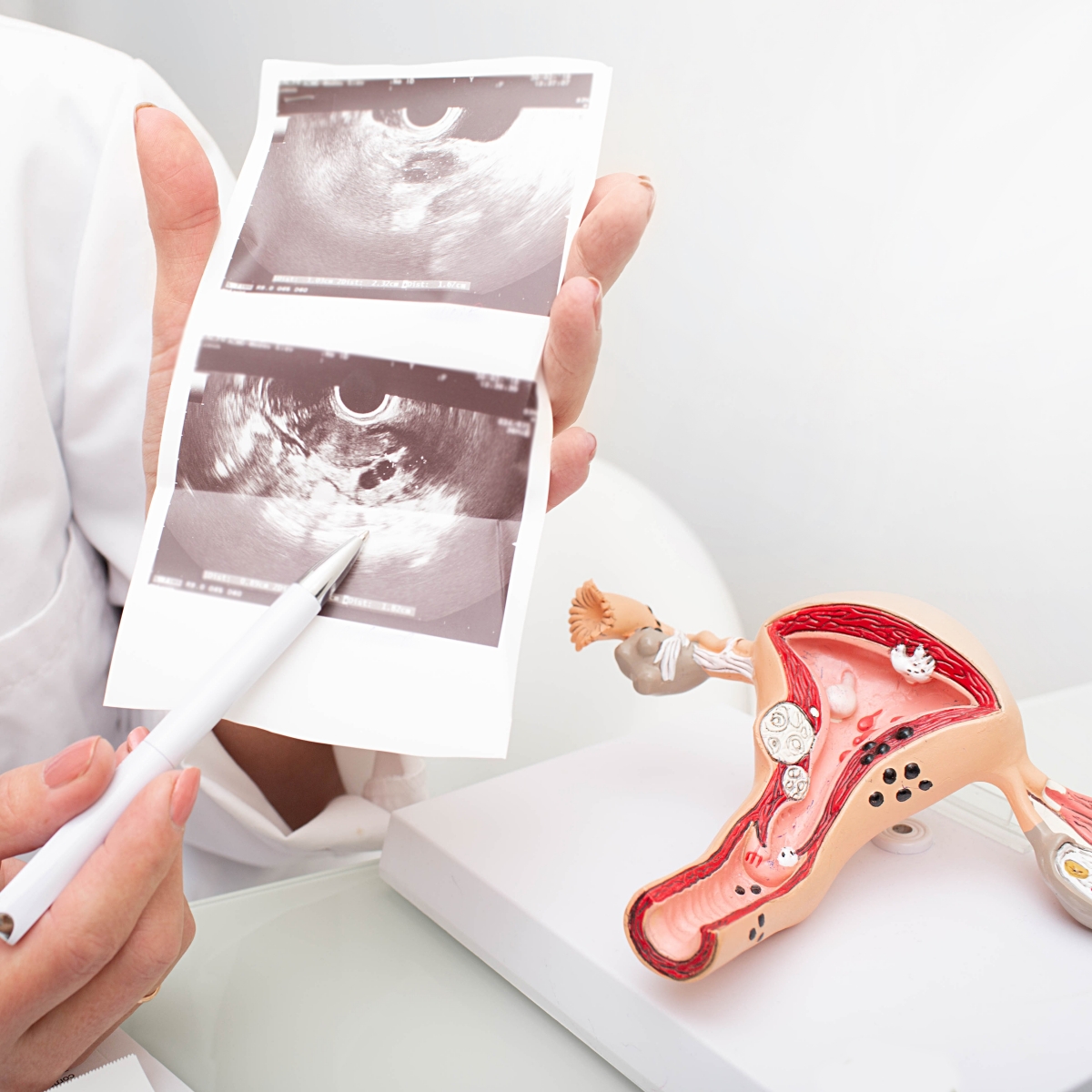Period Pain A Condition Not to Be Overlooked
What is period pain?
Period pain (dysmenorrhea) is pain in the lower abdomen or the pelvis that starts 1-2 days prior to or during the period. Its severity may range from slight discomfort to acute pain that hinders daily activities. Other symptoms, such as bloating, nausea, vomiting, headache, back pain, etc., might be experienced as well. The incidence rate of dysmenorrhea is as high as 60-90% among women in reproductive ages, with 3-10% found to have severe pain.
Causes of period pain
When fertilization does not occur within 21-35 days of each menstrual cycle, the lining of the uterus will be shed through menstruation. Dysmenorrhea is caused by substances called prostaglandins, which are released during the shedding of the uterus lining. Prostaglandins cause muscles to contract and cramp, which may lead to dysmenorrhea. They also induce other symptoms such as headache, nausea, and diarrhoea.
Prostaglandin production differs between people. Furthermore, a person’s lifestyle, diet, stress level, and sleep pattern also affect the levels of prostaglandins as well.
Period pain can be divided into 2 types.
- Primary dysmenorrhea is the most common period pain, often found in teenagers and will subside as they age. It is usually due to excessive production of prostaglandin in the endometrium without underlying causes.
- Secondary dysmenorrhea, menstrual pain with pelvic pathology, such as endometriosis, chocolate cysts, adenomyosis, myoma uteri, pelvic inflammatory disease, and cervical stenosis, etc.
Secondary dysmenorrhea usually occurs to women of 25-30 years of age or older. The pain is usually stronger and lasts longer than primary dysmenorrhea. It may come with other symptoms, such as anaemia from heavy periods, infertility, pain during intercourse, back pain, or abnormal urination and bowel movements during menstruation.
Signs that you should see a doctor
- Severe period pain that cannot be relieved with medication, or pain that interferes with daily life.
- Unusual heavy or irregular periods.
- Chronic lower abdominal pain even during the absence of menstruation.
- Infertility.
- When the pain is accompanied by other symptoms such as abnormal vaginal discharge, vaginal itching, or difficulty urinating.
Women with such symptoms should consult a doctor to identify the cause and get a diagnosis. The doctor will take your history and carry out physical and internal examinations, as well as additional examinations, such as pelvic ultrasound, depending on the suspected cause. Laparoscopy may be performed to diagnose and treat gynaecological diseases such as ovarian cysts, endometriosis, myoma uteri, pelvic adhesion, as well as identifying the cause of infertility.
Prevention and relief of period pain
- Use a hot water bottle on your lower abdomen for 15-20 minutes.
- Take light exercises, as exercises increase endorphin secretion, which helps to relieve pain and improve your mood.
- Reduce fat and salt in your diet, as well as sweets and caffeinated and alcoholic beverages, as they increase prostaglandin production.
- Get adequate rest and reduce stress and clear the mind.
- Avoid drinking alcohol or smoking.
- Eat foods that are rich in minerals, vitamins, and antioxidants such as vegetables, fruits, nuts, legumes, and cereals.
References
-
- Ju H, Jones M, Mishra G. The prevalence and risk factors of dysmenorrhea. Epidemiol Rev. 2014;36:104-13. doi: 10.1093/epirev/mxt009. Epub 2013 Nov 26.
- Nagy H., Khan Moien AB. Dysmenorrhea [eBook]. StatPearls Publishing; 2022 Jan [cited 2022 Aug]. Available from: https://www.ncbi.nlm.nih.gov/books/NBK560834/
- Ju H, Jones M, Mishra G. The Prevalence and Risk Factors of Dysmenorrhea. Epidemiologic Reviews. 2014 Jan 1;36(1):104–13.
- Barcikowska Z, Wójcik-Bilkiewicz K, Sobierajska-Rek A, Grzybowska ME, Wąż P, Zorena K. Dysmenorrhea and Associated Factors among Polish Women: A Cross-Sectional Study. Pain Research and Management. 2020 Jul 11;2020:6161536.




